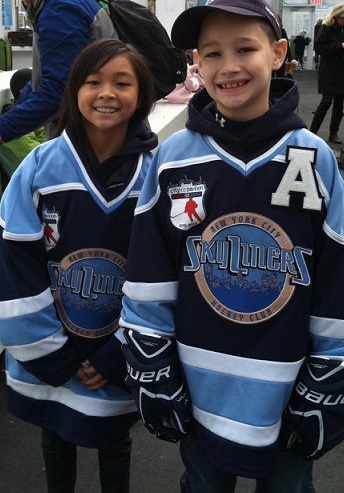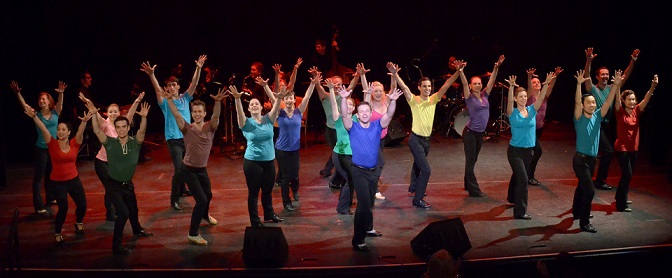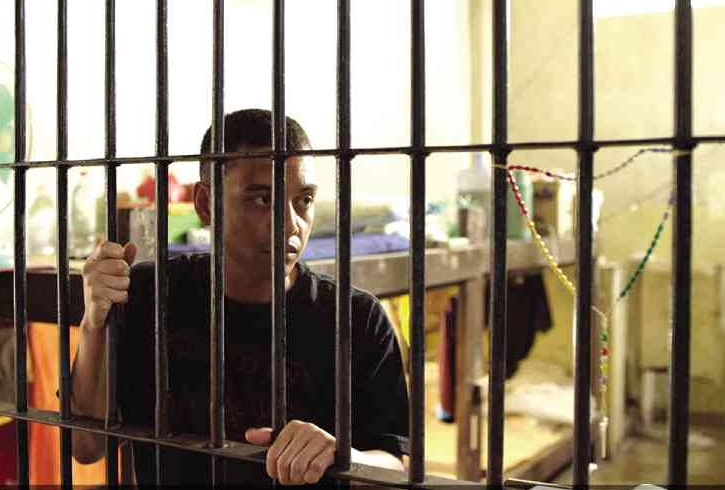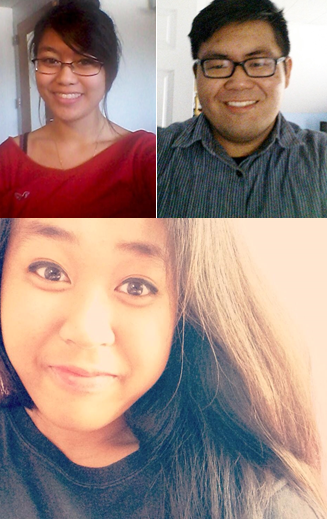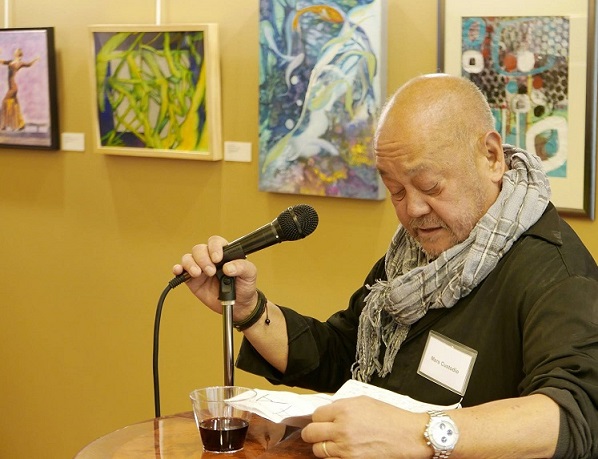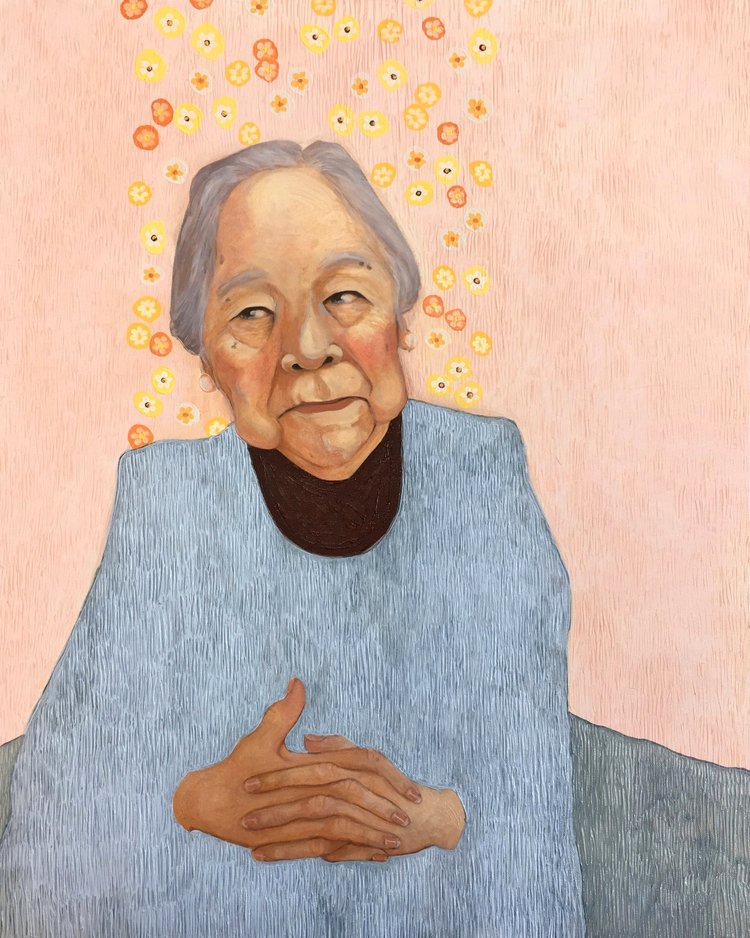‘Did it take moving to America to bring out leadership abilities in our people?’
By Ludy A. Ongkeko, Ph.D.
There are organizations. And there are organizations.
Almost always, what motivates people to form such groups is traced to various criteria: either from respective school origins, former work affiliations, professional ties, original homing grounds and other common bases for keeping themselves under one genre, or there may be no earthly reason at all, just to ‘connect’ whenever they feel like.
Since I laud The FilAm’s raison d’etre calling it a magazine for Filipino Americans in New York, I do enjoy reading how and what the publication’s contributors lend to the prevailing objectives that continue to move its readership from coast to coast.
In one of the more recent articles, one caption caught my interest: “Nurse Martinez was elected the ninth president of the Philippine Independence Day Council, Inc., pummeling Rene Ballenas in an election that has his Team United crying ‘shameful display of outright manipulation of by-laws.’”
Woefully, the above commentary is not isolated at all. This writer has resided on these frontiers for more than four decades; the latter is lengthy enough to provide time for observations of groups identified as Filipino and with our ethnicity’s organizations coming forward to be related to community goings-on and doings, their activities are ample to reflect what their groups find themselves ensconced in.
Yes, elections are ‘musts’ when associations’ constitutions and by-laws stipulate how they need to comply to prove the general membership believes its role in abiding with what’s before them. There’s something that is almost always omnipresent when election time is approaching; if the constitution and by-laws recognize only members in good standing who have the privilege to vote, then, that provision must be followed. Too, certain deadlines demand that membership dues relative to who is allowed to cast his/her vote should be met not during election day itself, but whenever the by-laws indicate.
Personally, I have been informed about what is now popularly identified as the ‘hakot’ system; in Pilipino, it means ‘to gather,’ but the meaning is deeper than that because it refers to ‘the more, the merrier.’ Therefore, it is not outside parliamentary regulations if there are members in good standing who observe the deadline for casting their vote.
But what can be a crystal-clear infraction is when even those who are not members are recruited just for the sake of voting. This leads to the plurality that any candidacy can be possible despite the knowledge that the number of votes cast does not identify status of voters and other circumstances that should be observed critically so ‘clean elections’ emerge and nobody will hurl charges of ‘unfair,’ or ‘dishonest ‘voting, all under the heading of fraud.
When questionable means of election gains surface, the degree of explanation is bound to take place; so, if it gets to that point where a mediator needs to come in, the parties concerned should agree with decisions reached through mediation, were ‘clean elections’ are meant to be sought.
In speaking about ‘community leaders,’ like all titles that carry legitimacy and respect, most leaders I know learn that as they acquire positions, they don’t seek to serve their community triggered by vainglory.
Is it easy to determine who such leaders are?
How come there are numerous ‘leaders’ in this part of the world when they were unheard of in their own countries of origin?
Did it take moving to America to bring out leadership abilities in people?
What does their own ethnicity know about the efficacy of various leadership styles?
I’d like to bring up what being such a community leader entails in all kinds of endeavor where the Filipino image is put to a test, or whenever the “Filipino” as an ethnic group is identified, that assembly hears about leaders, some are appointed, some elected.
There’s nothing wrong with meeting these leaders particularly where there are pluses more substantial than their followers indicated that distinguish them from those who saw to their election.
There’s likewise nothing wrong when one sees the vibrant signs of leadership potential when still being tested. When leadership styles are encouraging, thus reflecting their own leadership attributes, many are quick to recognize all these.
However, when the same observers observe so-called leaders fall miserably way beyond avowed motives, particularly when they take over from predecessors who worked hard toward their organizations’ recognition, it is understandable when they clamor to remove the leadership that failed them. Members who say they’ve ‘had it,’ distance themselves immediately from that kind of leadership.
Re: those who call themselves Filipino American: the term is earned; it’s either through naturalization or is a native American who traces ancestry to Filipino forebears. Just because one is a Filipino and joins community organizations does not make that person a Filipino American.
Why is it terribly demeaning to one group when such leaders crown themselves as such, decide to throw their weight around, and other ethnic observers are inclined to make judgments based on the ethnicity of each group on what they see and hear?
The demand for effective leadership in all sectors of society has never been greater than it is today. This issue should be taken more seriously because if one group identified as “Filipino” is doing what is markedly negative, reflecting on their ethnicity, those who wish to preserve the dignity of the Filipino abroad should take steps to correct what needs effacement not for the sake or their group alone, but for all Filipinos who wish to maintain the name ‘Filipino’ with honor anywhere they are.
Ludy Astraquillo Ongkeko, Ph.D. is a product of two educational systems: the University of the Philippines (public) where she earned her bachelor degrees (science and arts) as a college scholar and the University of Southern California’s Graduate School (private). Her professional career in journalism started at the Manila Bulletin in her native Philippines. “Forty Years of Writing in America” published in 2009 is a compendium of her life in the U.S. as a writer, teacher and mentor.

